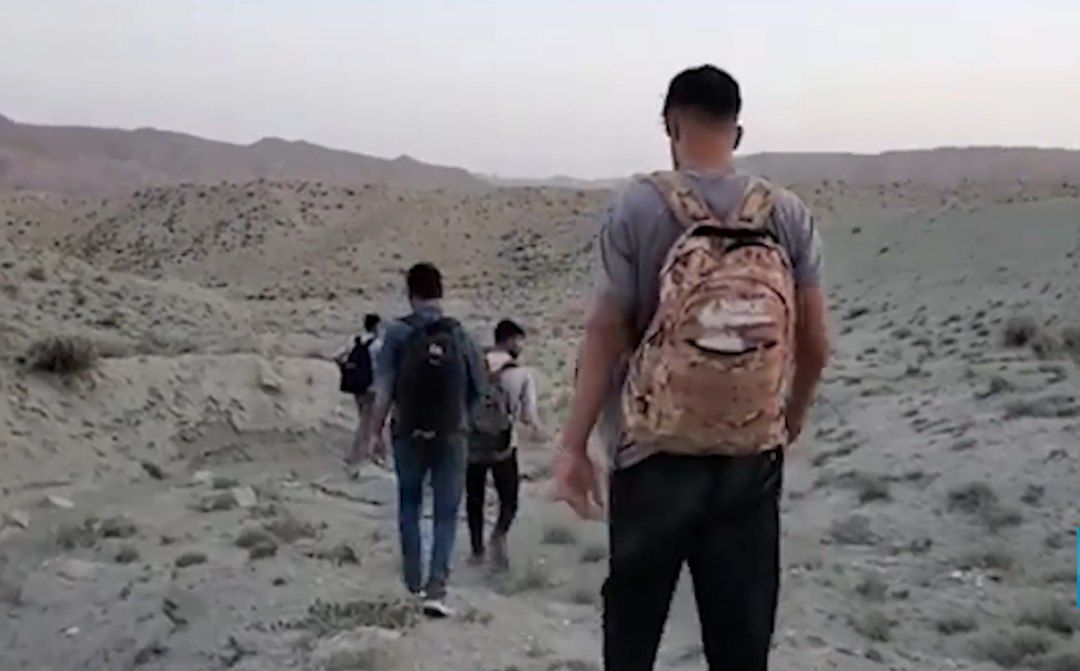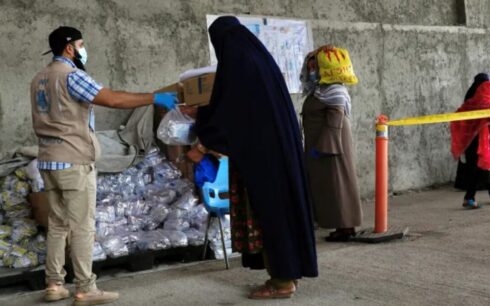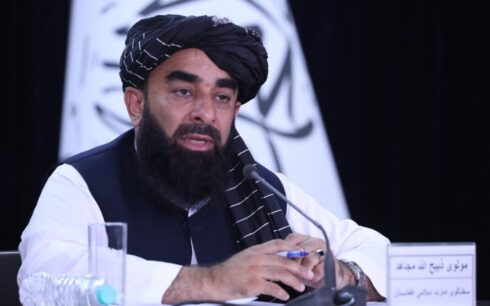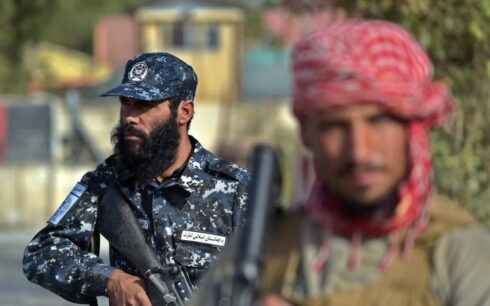Faced with unemployment and a lack of opportunities in Afghanistan, Jawad made the difficult decision to pursue an irregular migration to Iran in search of a better life. His journey, however, turned into a harrowing ordeal of imprisonment, forced labor, and exploitation, highlighting the perils faced by thousands of Afghans who undertake similar journeys every year.
Speaking with Amu TV, Jawad, who requested anonymity and asked for his identity to be concealed for security reasons, described how he contacted a smuggler and began what he thought would be a straightforward journey.
“When the government changed, and the new regime came to power, there were no jobs,” Jawad said. “I tried my best to support my family and build a decent life, but I couldn’t succeed. That’s when I decided to leave.”
The journey begins
Jawad negotiated with a smuggler and agreed on a price for the perilous journey to Iran. Initially, the process appeared simple. “The smuggler sent me videos showing how easy it was to cross into Iran,” he said. “But reaching an agreement on the cost took time before we finalized it.”
The journey, however, proved anything but easy. Crossing the border exposed Jawad and his group to grave dangers, including being fired upon by Iranian border guards.
“When we reached the Iranian border, the guards opened fire, and we couldn’t cross right away,” he recalled. “After enduring so many hardships, we finally made it to Iran.”
Captivity and exploitation
Jawad’s ordeal worsened after reaching Iran. Smugglers abandoned him, and he fell into the hands of local thieves who subjected him and other Afghan migrants to severe abuse.
“They tortured us so badly that the effects still linger on my legs and back,” he said. “Even now, if I showed you the scars, it would break your heart.”
Jawad spent a year in Iran doing grueling labor to survive. His situation deteriorated further when Iranian police arrested him and sent him to prison, where he endured more abuse before being forcibly deported back to Afghanistan.
“I did hard labor for a year in Iran,” he said. “Then the police arrested me, took me to prison, and tortured me there too. Finally, they deported me back to Afghanistan.”
A warning to others
Reflecting on his traumatic experience, Jawad urged others to avoid irregular migration routes. “What I endured on this journey was devastating,” he said. “I don’t want anyone else to go through what I did.”
Irregular migration remains a common path for many Afghans, driven by unemployment, economic hardship, and political instability. These factors have forced countless individuals to risk their lives in dangerous journeys, often ending in tragedy or exploitation.
“I migrated because of poverty and a lack of opportunities,” Jawad said. “But the price I paid was far too high.”
His story serves as a stark reminder of the human cost of undocumented migration, urging a deeper focus on addressing the root causes of migration and supporting those who are left with few alternatives but to seek a better life abroad.





